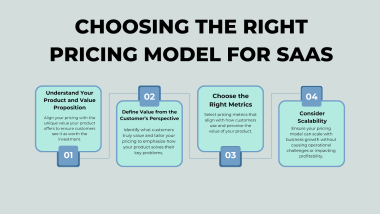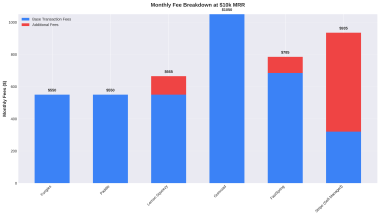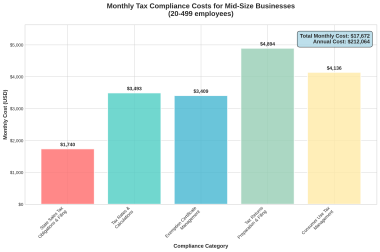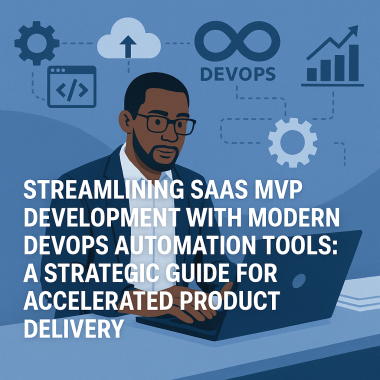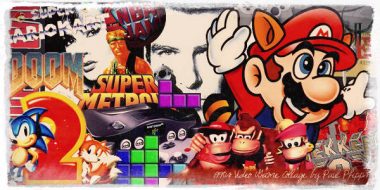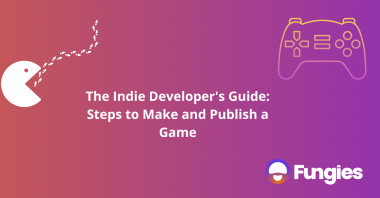The Buzz About PC Gaming Bundles
The gaming industry is buzzing, and one trend that’s been capturing everyone’s attention is PC gaming bundles. From consumers looking for a deal to developers seeking visibility, bundles are changing how games are bought and sold. So, what’s the game plan for indie developers like you?
The Rise of Bundle Culture in Gaming
The bundle culture isn’t a new concept; it’s a marketing strategy that has proven successful across various industries. In gaming, bundles have changed from being mere promotional gimmicks to strategic sales avenues, giving both well-known and obscure games a chance to shine.
What’s in a Bundle?
A gaming bundle is a set of different games sold as a single package, often at a discounted rate. But it’s not just about lumping any games together. The curated selection often includes hit titles, promising indies, and sometimes even a gaming pc with a monitor to sweeten the deal.

Core Components of a Gaming Bundle
So, what makes a bundle tick? Three main things: a well-chosen mix of games, a tempting price point, and often, a charitable cause that gets a cut of the proceeds. It’s a win-win-win situation: for developers, consumers, and in some cases, philanthropy as well.
Common Types of Games in Bundles
In a typical game bundle, you’ll find a variety of game styles. This can include role-playing games (RPGs), action games, and puzzle games, among others. This mix is good because it attracts different kinds of players. So, even if someone usually doesn’t play games in your genre, they might try yours because it’s part of a diverse bundle.
The Landscape of Gaming Bundles
The gaming bundle market is more diverse than you might think. It’s not just ruled by a couple of big names; the landscape is filled with a variety of platforms that cater to different needs. From well-known giants like Humble Bundle to smaller platforms that specialize in niche genres, there’s a bundle opportunity for almost every kind of developer and player.
Key Players in the Market
When we talk about key players, companies like Humble Bundle and Fanatical usually top the list. These platforms boast huge audiences, making them prime real estate for any game developer looking to get their game noticed. However, the large audience comes with its own set of challenges—mainly, increased competition. Your game will be placed alongside several others, which means standing out can be a tough ask.
Industry Giants and Their Role
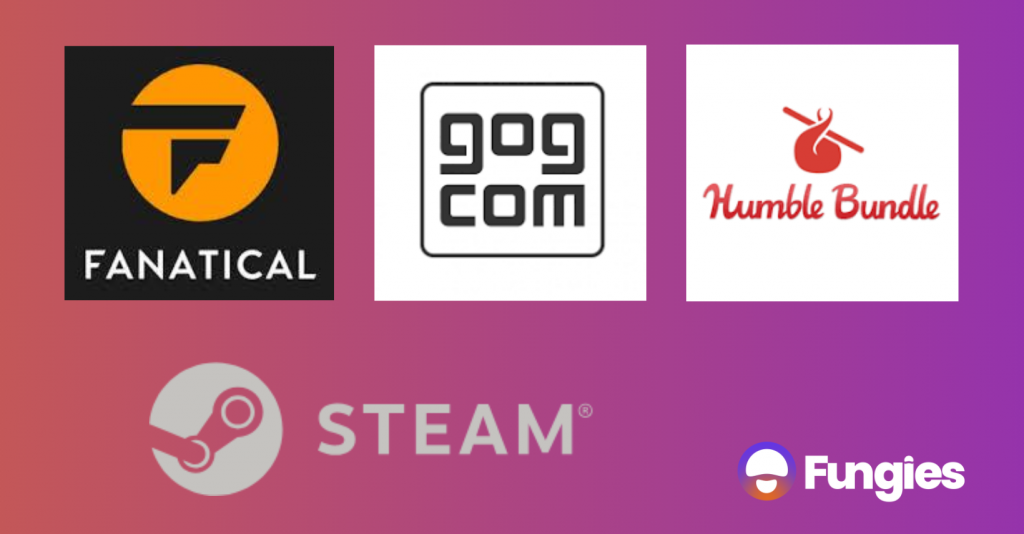
Don’t underestimate the role that industry behemoths like Steam play in shaping the bundle landscape. By offering bundles on their platform, they’ve helped make game bundling a standard practice. Their massive audience and trusted name mean that any bundle they host gets immediate attention and credibility. So if you manage to get your game into a Steam bundle, you’re pretty much guaranteed eyeballs and likely sales.
Navigating Emerging Platforms
On the flip side, emerging platforms bring a different set of opportunities. These are usually smaller platforms that specialize in specific genres or thematic bundles. They may not offer the massive reach of a Humble Bundle or Steam, but what they lack in size, they make up for in specificity.
For indie developers who focus on niche markets, these platforms can be goldmines. The competition is generally less fierce, allowing your game to shine more brightly among the selections. Plus, these platforms often attract audiences who are very interested in those specific genres, which can be a big advantage for developers looking to target a particular type of gamer.
Trends That Shape the Bundle World
As with any industry, trends come and go. Niche bundles, themed collections, and even seasonal bundles have been making waves recently.
The Rise of Niche Bundles
From bundles for retro gaming enthusiasts to those focused on a specific genre, niche bundles help you reach hyper-targeted audiences.
Themed Collections: More Than Just Games

Themed bundles often include not just games, but also in-game content, wallpapers, and soundtracks—making them even more enticing to potential buyers.
Seasonal Bundles: A Year-Round Strategy
Holidays and seasons are great opportunities to capitalize on themed bundles. Whether it’s a Halloween horror game bundle or a cozy winter game package, there’s always an occasion to sell steam keys in a seasonal bundle.
The Financial Angle: Making Cents of Bundles
When it comes down to it, participating in a gaming bundle is all about generating revenue. But how does the financial framework of bundles work? Let’s dive deeper to understand how you can make this advantageous for you.
Revenue Sharing Models: The Breakdown
The first thing to consider is how revenue sharing works in a bundle. Typically, the income generated from a bundle is divided among all the developers involved. This division is usually based on pre-agreed percentages. So before you make the commitment, read the fine print. Know exactly what percentage of the revenue you’ll take home, and how that stacks up against your investment of time and resources. Getting this clarity upfront can save you from unpleasant surprises later on.
Pricing Your Game Within a Bundle
One of the trickiest aspects of participating in a bundle is figuring out how to price your game. While bundles offer games at a discounted rate, you don’t want to undervalue your game in the process. It’s a delicate balancing act. You want to offer enough of a discount to make the bundle attractive to buyers, but not so much that it devalues your game. A well-thought-out pricing strategy can serve dual purposes: it can maximize your profits while ensuring that the perceived value of your game remains high. Therefore, it’s crucial to weigh the short-term gains of quick sales against the long-term impact on your game’s value when determining your pricing strategy within a bundle.
The Visibility Factor: Your Game in the Spotlight
Being part of a bundle can put your game on the map. You benefit not just from the bundle’s marketing but also from cross-promotion with other games in the package.
Leverage Bundle-Related Hype
Capitalize on the buzz surrounding the bundle launch. This is a prime time to showcase your game’s unique features and garner interest.
Using Social Media for Visibility

Use platforms like Twitter, Reddit, or specialized gaming forums to keep the conversation going and highlight your game within the bundle.
Share the Love: Cross-Promotion and Shared Audiences
Bundling is a team sport. The other games in the bundle can become your allies in capturing a wider audience.
How Co-Marketing Amplifies Your Game
Collaborate with other developers in your bundle on marketing efforts. A shared social media campaign or a combined press release can amplify your reach.
Customer Overlap: A Hidden Gem
Your game might not be a perfect match for every player in the bundle, but there’s always some customer overlap. Those who came for another game might stay for yours.
The Logistics Behind the Bundle
Putting together a bundle is more than just tossing games into a digital shopping cart.
Crafting the Perfect Pitch to Bundle Organizers
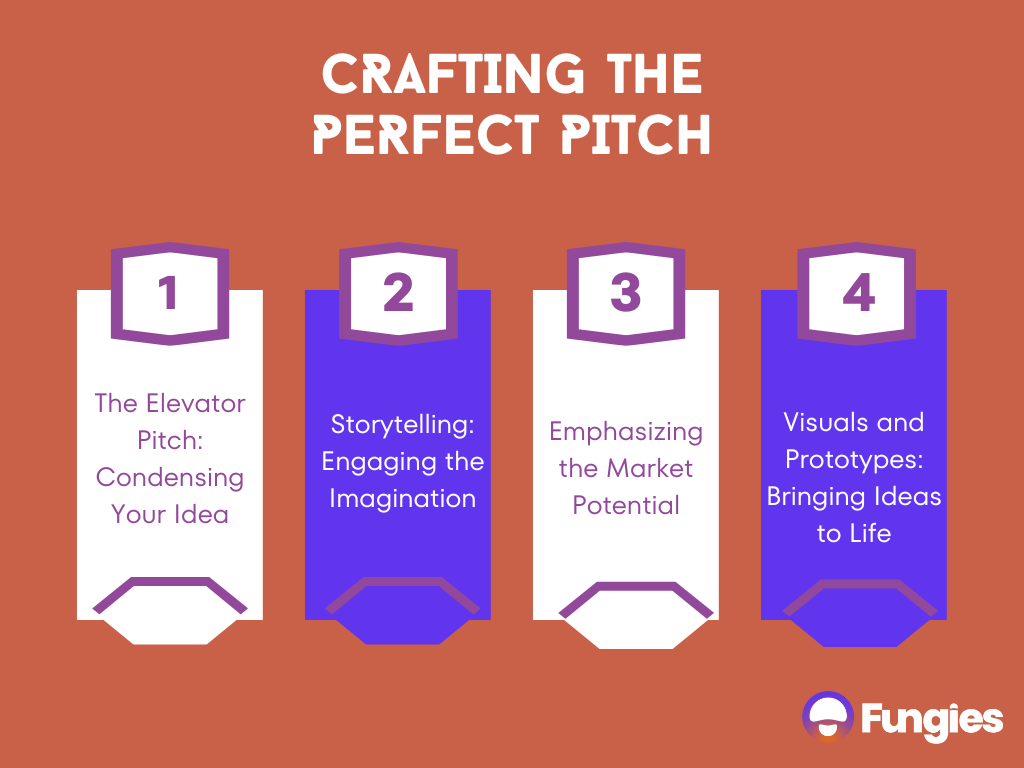
The first step to getting your game in a bundle is a persuasive pitch. Do your research on what a particular bundle organizer looks for and tailor your pitch accordingly.
How Bundling Affects Game Updates
Being in a bundle means an influx of new players who’ll expect updates and customer service. Prepare for this in advance to avoid negative reviews and unhappy gamers.
Types of Bundles: Exclusive vs. Non-Exclusive
When it comes to bundling your game, you’ve got options. Two common types of bundles are exclusive and non-exclusive bundles. Each comes with its own set of advantages and disadvantages, and knowing these can help you make a more informed decision.
Exclusive Bundles
Let’s start with exclusive bundles. These types of bundles tie you to a single platform, whether it’s Steam, Humble Bundle, or another major player in the industry. While this might sound restricting, the upside is that these platforms often provide better marketing support, putting your game in front of a massive audience. This can lead to higher visibility, which is especially beneficial if you’re looking to break through the noise and make your game stand out.
Non-Exclusive Bundles
On the other hand, non-exclusive bundles give you a bit more freedom. You can sell steam keys for your game across multiple platforms, diversifying your revenue streams. This kind of bundling doesn’t lock you into a single marketplace, giving you the flexibility to explore and capitalize on various opportunities. The downside, however, is that these platforms might not offer the same level of marketing and promotional support. This could mean that your game doesn’t get the attention it might deserve, reducing the potential for significant revenue spikes.
Factors That Influence Your Decision
So how do you decide between these two? A variety of factors can guide your decision-making process. Consider your game’s current market position. If you’re a newcomer looking for a big launch or a significant visibility boost, an exclusive bundle with a well-known platform could be beneficial. On the flip side, if you already have a decent audience and are looking for ways to supplement your income, a non-exclusive bundle may be more suitable.
Money
Financial goals should also play into your decision. If immediate revenue is a critical need, then the larger audience of an exclusive bundle may offer a quick influx of cash. However, non-exclusive bundles can provide a more stable, long-term addition to your revenue streams.
Visibility
Finally, consider your game’s visibility needs. Some games might require the marketing firepower of a big platform to get noticed, while others may benefit from the niche audiences found on smaller, emerging platforms.
Maximizing Your Bundle Impact
Being part of a bundle is just the start. You have to actively capitalize on this opportunity.
Strategies for Customer Retention
Think about in-game incentives, future discounts, or exclusive content to keep your new influx of bundle customers coming back for more.
Offering Exclusive Content: Worth It?
Exclusive in-game items or early access to new updates can make your game stand out within the bundle.
Analyzing the Bundle’s Effect on Sales
Sales numbers don’t lie. Use analytics to measure how your game’s inclusion in a bundle affects overall sales and player engagement.
Using Metrics to Gauge Success
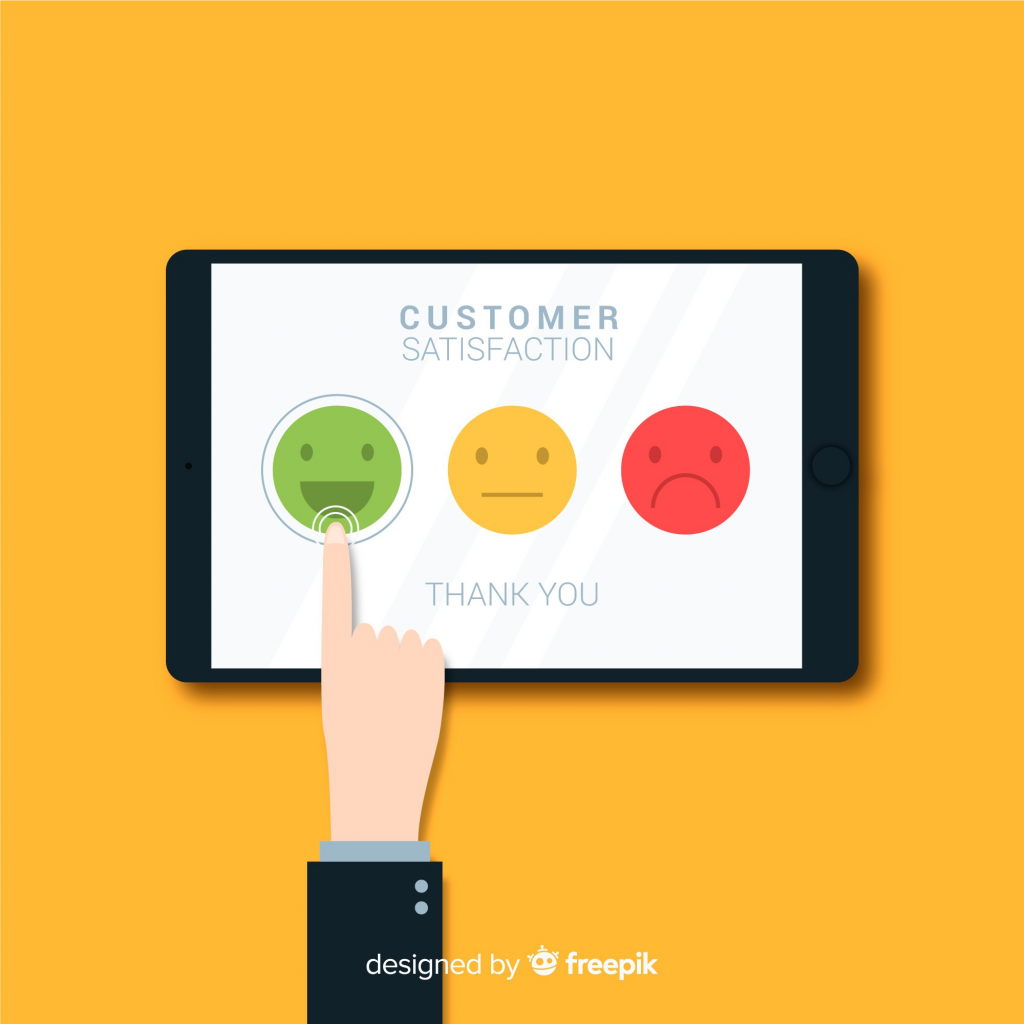
Sales figures, user engagement rates, and customer reviews can give you invaluable insights into how effective your bundle strategy is.
Risk Mitigation and Your Game’s Value
Being in a bundle can risk devaluing your game, if not done thoughtfully.
Pricing Strategies to Maintain Value
Strike a balance between enticing bundle pricing and your game’s standalone cost to maintain its perceived value.
The Fine Line Between Value and Profit
There’s a difference between providing value and undercutting your game’s worth. Know this line well to maximize both profit and value.
Should You Even Bundle?
Bundling isn’t for everyone. If your game is already flying off the virtual shelves, joining a bundle might not be the best move.
Consider your game’s genre, audience, and current market position. Bundles work best for games that have good content but haven’t yet hit their stride in terms of visibility.
The Nitty-Gritty of Selling Steam Keys
You can’t talk about PC gaming without mentioning Steam, and yes, selling Steam keys as part of a bundle is an option. Just make sure you’re clear on the legal aspects and terms of service.
Important Legal Aspects
Read Steam’s policy on key distribution to ensure you’re in compliance. Non-compliance could result in your game being removed from the platform, a scenario best avoided.
Beyond Bundles: What’s Next?
You’ve been in a bundle; what now? It’s time to think about how this fits into your long-term strategy.
Thinking About the Long Game
The visibility and sales boost from a bundle are great, but they’re just a stepping stone. How will you leverage this newfound attention?
From Bundles to Building a Community

A successful bundle can be a strong foundation for building a more engaged and dedicated community around your game.
To Bundle or Not to Bundle
In the fast-paced world of game development, keeping up with trends and opportunities like bundling can be game-changing—literally. Bundling offers a unique blend of challenges and rewards, making it an option worth considering for any indie developer looking to increase visibility, reach new audiences, and yes, sell Steam keys.
Final Thoughts and Key Takeaways
If you’re an indie developer on the fence about bundling, remember that it’s all about strategy, visibility, and timing. Bundles can give your game the push it needs, but like any marketing tool, it’s not a one-size-fits-all solution. So, do your homework, weigh the pros and cons, and may your game bundle be ever in your favor.
